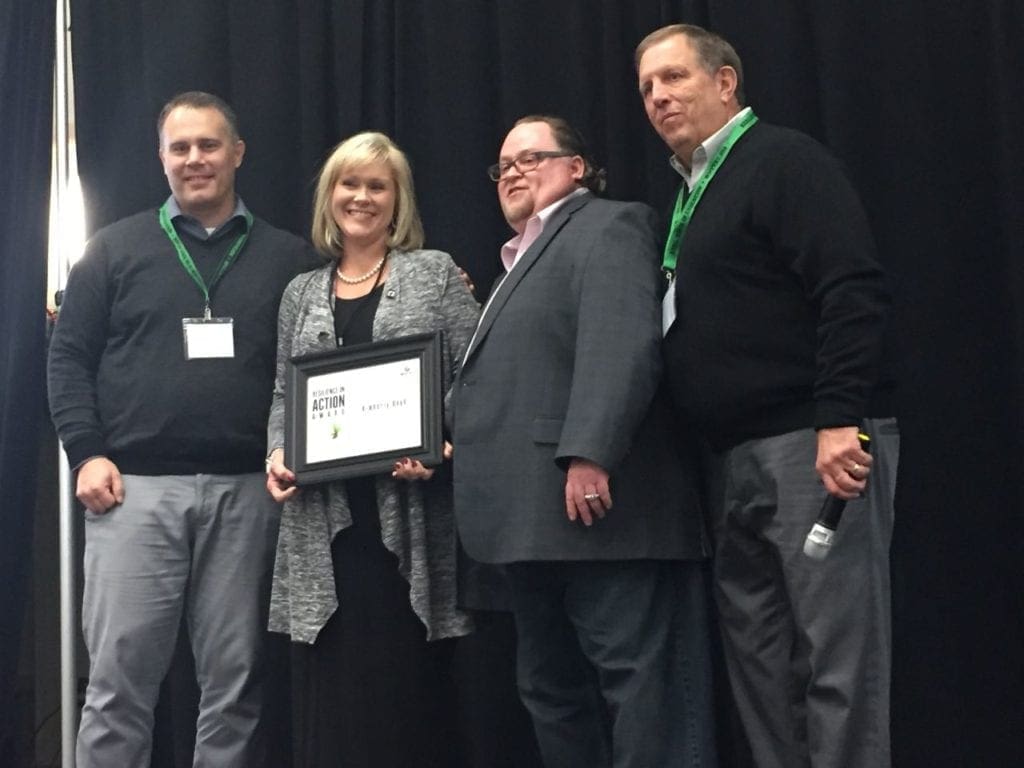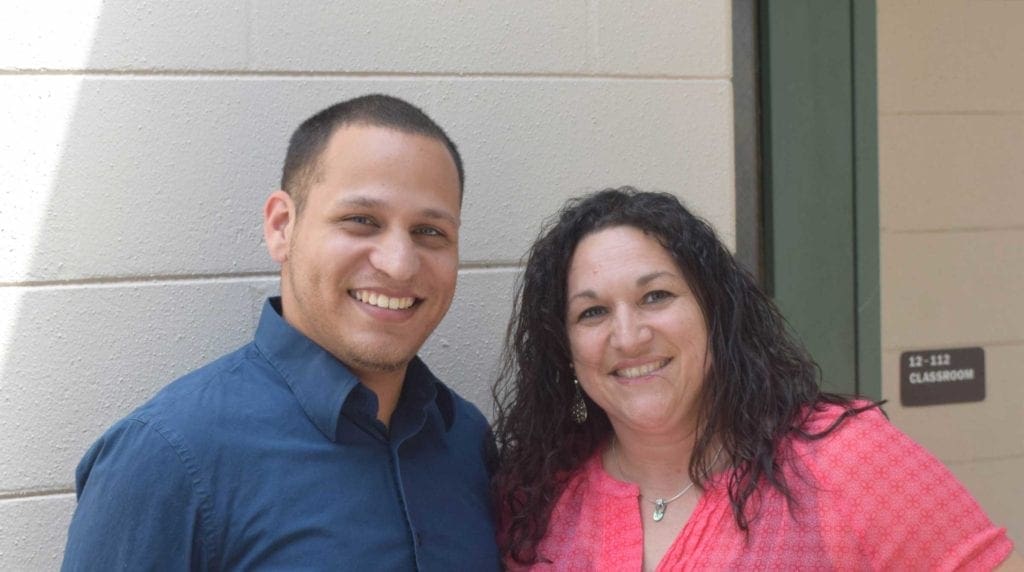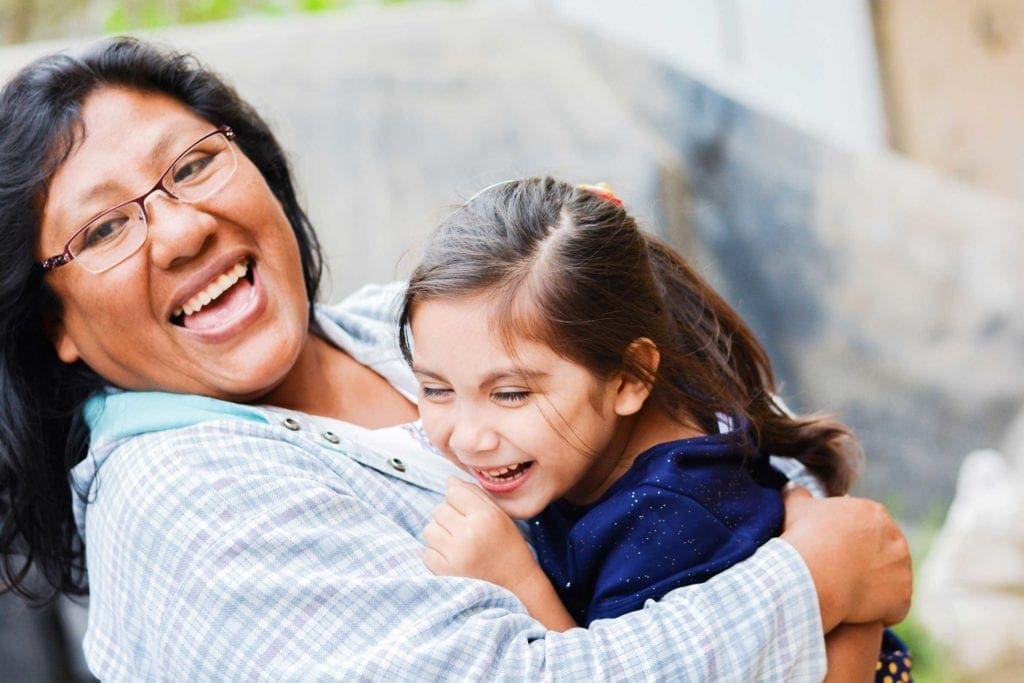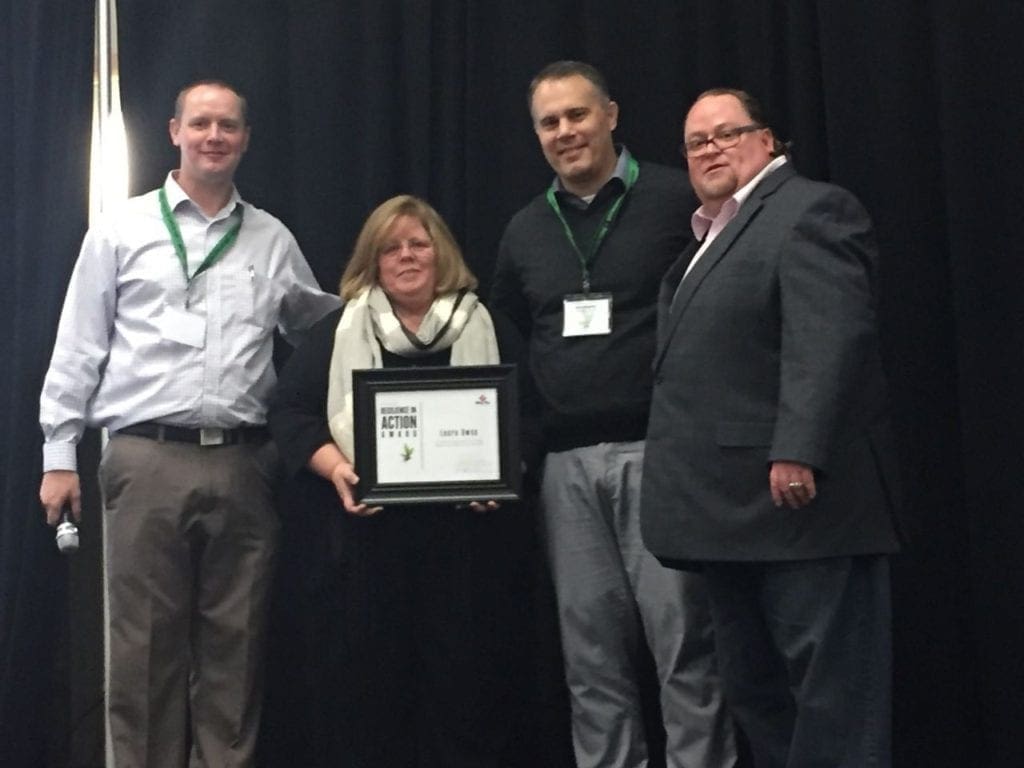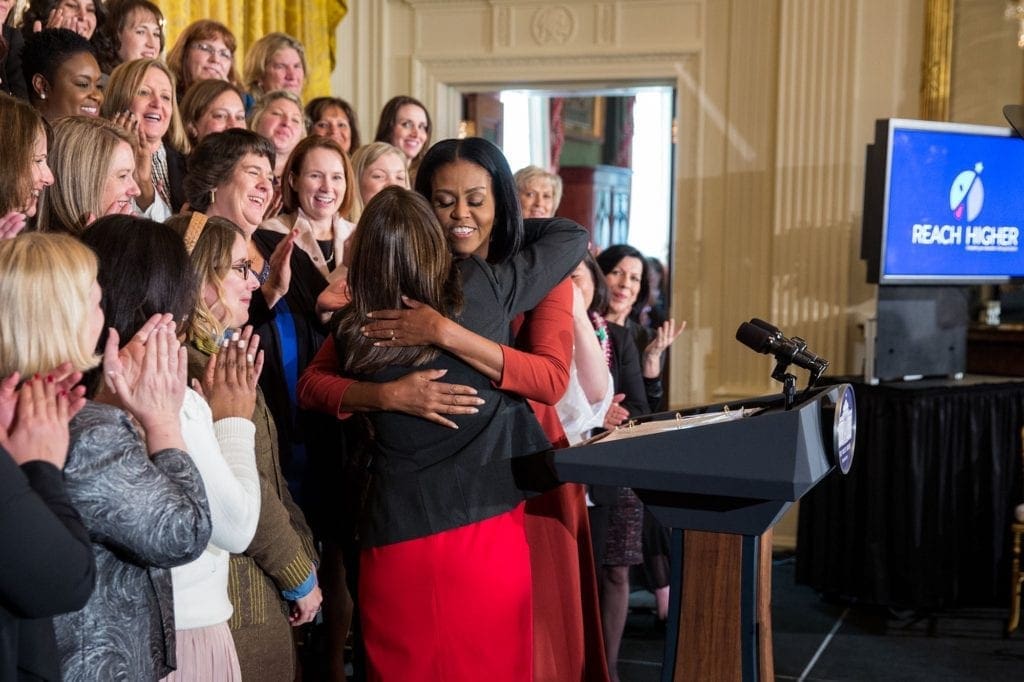Resilience in Action Award | Kimberly Boyd
2017 Resilience in Action Award – Kimberly Boyd Introduction “What are we going to do with you – throw you in the trash can? Are you ever going to amount to anything?” While many others facing these questions would shut down, young Kimberly Boyd made a choice. I know for a fact I’m going to become […]
Resilience in Action Award | Kimberly Boyd Read More »
